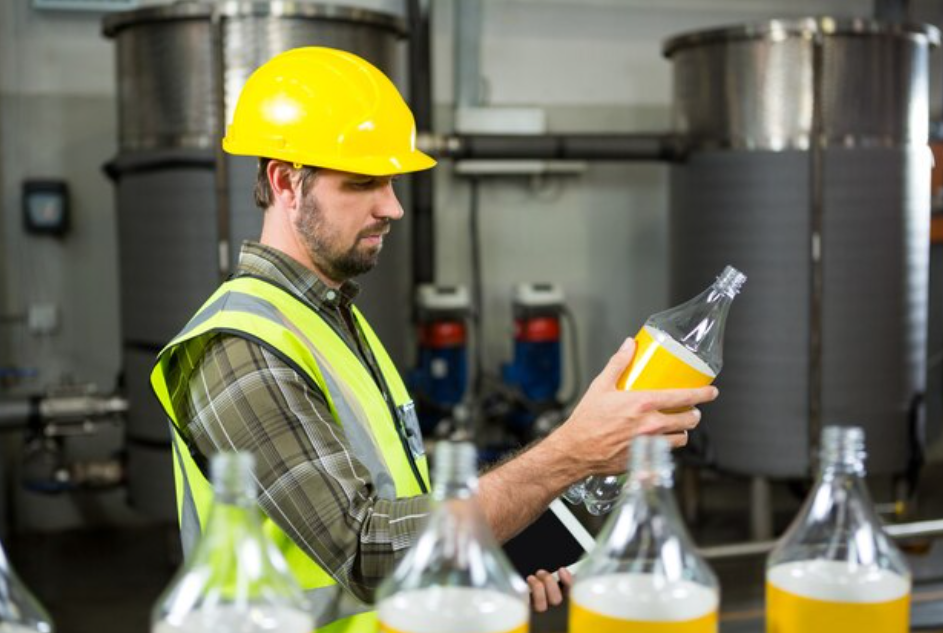Revolutionizing Hydration: Innovative Techniques in Water Bottle Manufacturing

Introduction:
Water bottle manufacturing has undergone a transformative evolution with advancements in technology and a growing emphasis on sustainability. This article delves into the innovative techniques that set the latest generation of water bottles apart, exploring how cutting-edge methods are changing the game in the industry.
Advanced Materials:
Bio-Based Plastics:
- One notable innovation in water bottle manufacturing is the integration of bio-based plastics. Derived from renewable resources like corn starch or sugarcane, these materials offer a more sustainable alternative to traditional plastics, reducing the reliance on fossil fuels and minimizing environmental impact.
Biodegradable Polymers:
- Some manufacturers are incorporating biodegradable polymers into their water bottle production. These polymers break down naturally over time, addressing concerns about plastic pollution. This approach aligns with the global push towards a circular economy and reduced plastic waste.
State-of-the-Art Production Techniques:
3D Printing:
- A cutting-edge technique gaining traction in water bottle manufacturing is 3D printing. This method allows for intricate and customizable designs, reducing material waste and enabling the creation of unique, ergonomic shapes that were previously challenging to achieve with traditional molding techniques.
In-Mold Labeling (IML):
- In-Mold Labeling is a process where labels are placed directly into the mold before injection, resulting in a seamlessly labeled bottle. This technique enhances the visual appeal of the water bottle while ensuring that labels remain intact, resisting wear and tear over time.
Smart Manufacturing:
IoT Integration:
- Some water bottle manufacturers are incorporating Internet of Things (IoT) technology into their production processes. IoT devices monitor various aspects of manufacturing, optimizing efficiency, reducing energy consumption, and ensuring consistent product quality.
Smart Packaging:
- Beyond the bottle itself, smart packaging solutions are emerging. These may include QR codes or NFC tags that provide consumers with information about the product’s origin, environmental impact, and even hydration reminders, promoting a more informed and connected consumer experience.
Environmental Impact Reduction:
Closed-Loop Manufacturing:
- Companies are increasingly adopting closed-loop manufacturing systems where post-consumer recycled materials are used to produce new bottles. This approach reduces the demand for virgin materials and contributes to a more sustainable and circular production process.
Carbon Footprint Reduction:
- Water bottle manufacturers are actively working to minimize their carbon footprint by optimizing transportation logistics, using renewable energy sources, and implementing energy-efficient production processes. This commitment to sustainability aligns with consumer preferences for eco-friendly products.
Conclusion:
Water bottle manufacturing has entered an era of innovation and sustainability, driven by advancements in materials, production techniques, and a heightened awareness of environmental impact. The integration of bio-based plastics, 3D printing, IoT technology, and smart packaging are reshaping the industry, offering consumers not only functional hydration solutions but also products aligned with their values of eco-conscious living. As the industry continues to evolve, these innovative approaches promise a future where water bottles are not only essential accessories but also symbols of responsible and forward-thinking consumer choices.
